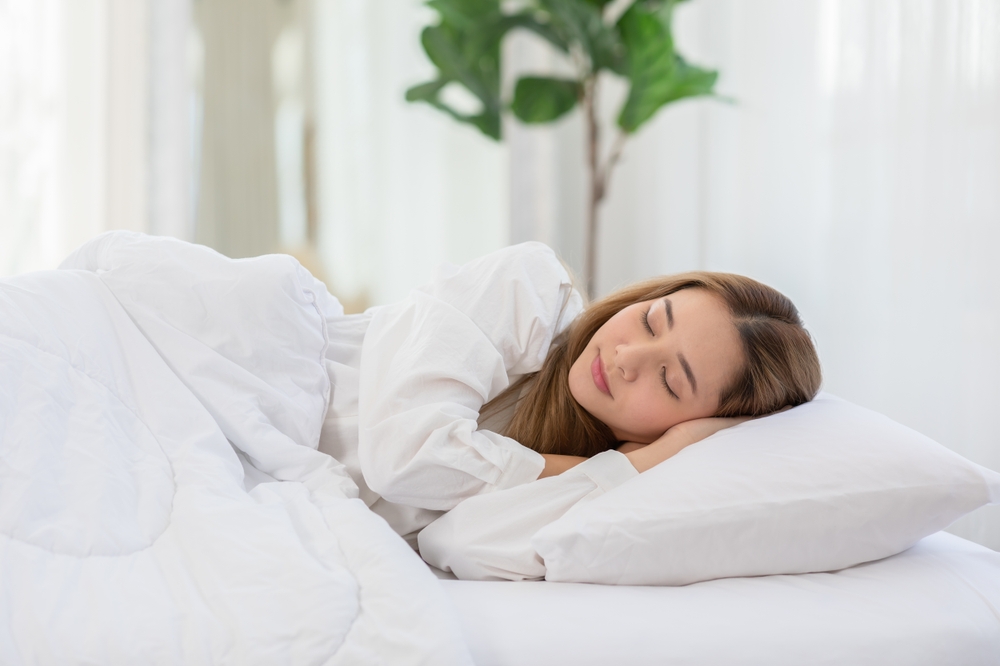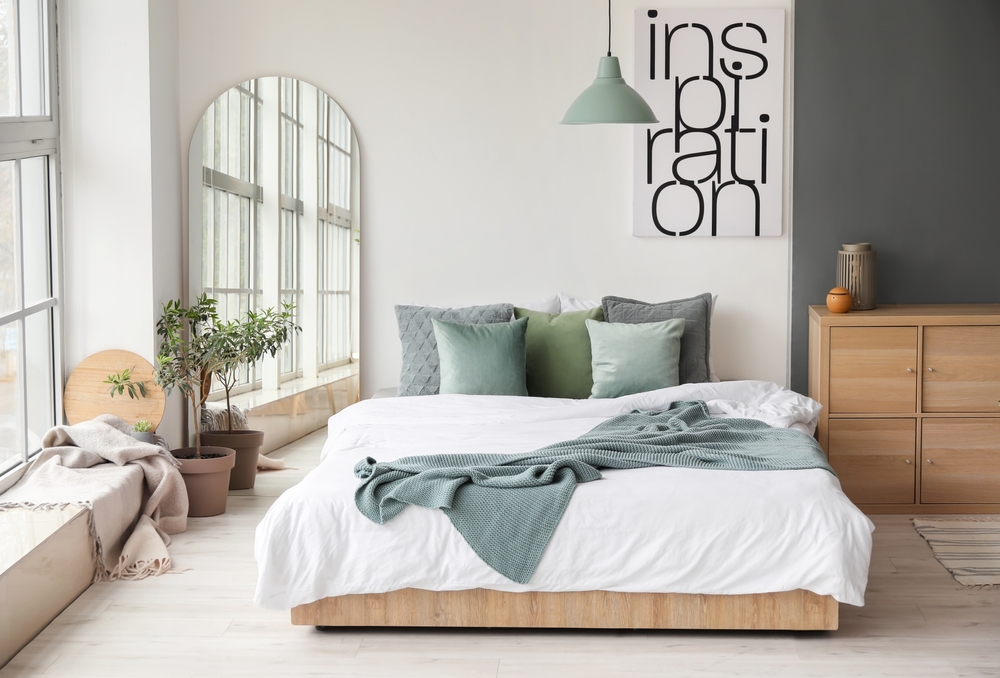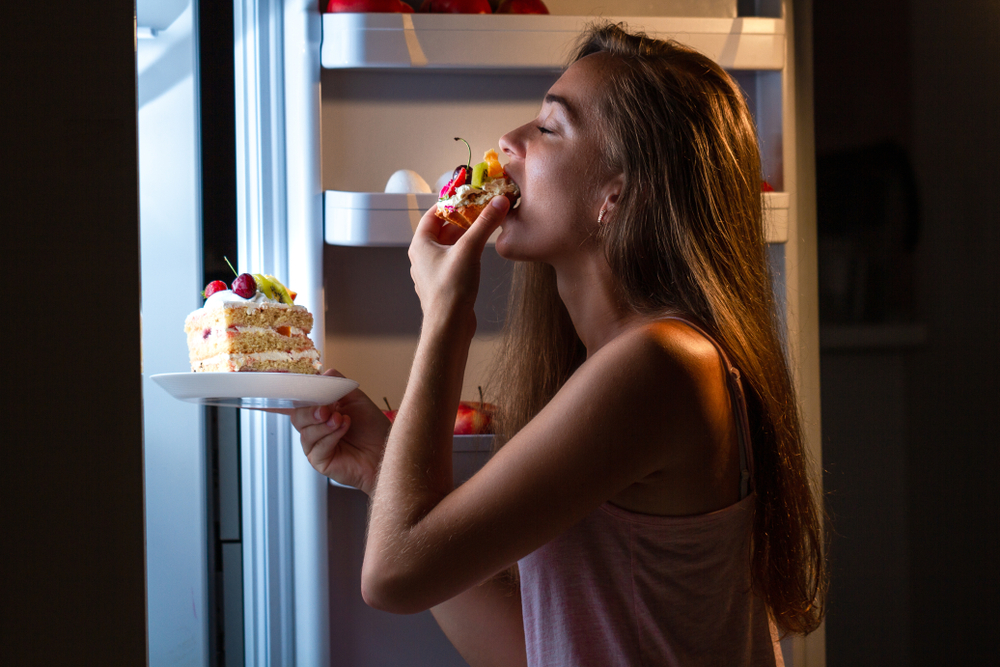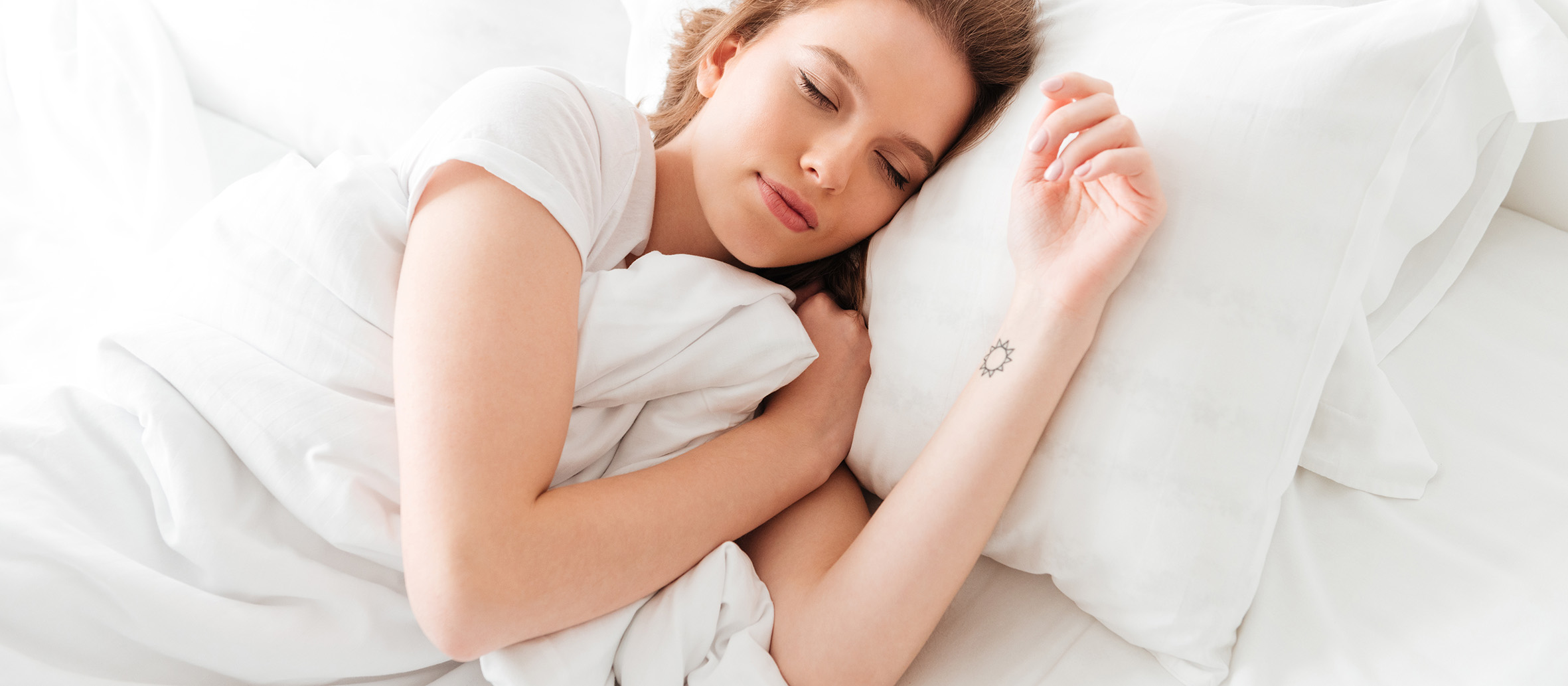Many of us suffer from a bad night’s sleep now and then, while some may experience restless nights too often. The effects of long-term sleep deprivation can have a significant impact on our daily lives, so it’s incredibly important to ensure we’re getting enough sleep.
Big Motoring World, who are known for selling used BMW cars and other second-hand vehicles, conducted a study and found that two out of five Brits admitted to being sleep deprived while driving on more than one occasion. Interestingly, it was found that more women (56%) admitted to sleep-deprived driving than men (53%).
In this article, we’ll be providing four top tips on how to fix a bad sleeping schedule, ensuring you always get some well-deserved rest.
Light intensity throughout the day
Our first tip involves increasing your bright light exposure throughout the day. Your body has a natural time-keeping clock called your circadian rhythm. It affects your body, brain, and hormones, letting your body know when it’s time to wake up or go to sleep.

Consistent exposure to natural daylight helps keep your circadian rhythm healthy and is known for improving sleep quality. However, nighttime light exposure can have the opposite effect.
It’s recommended to reduce the time spent on your phone or watching TV by at least an hour before you go to sleep. That’s because blue lights, which emit from these devices, trick your body into thinking it’s daytime.
Optimise your bedroom environment
Your sleeping space is a key factor in contributing to a good night’s rest. It should be optimised to ensure you’re well-prepared for a night of great sleep, and this includes temperature, your bed’s comfort level, and minimal distractions.

Firstly, your bedroom should be a clean, relaxing and comfortable environment. It should act as the perfect place to wind down after a long day. It should be at an ideal temperature to help you drift off, and there should be no harsh light or noise while you’re trying to sleep.
Avoid technology
As we’ve advised you to reduce your screen time at night, it’s worth considering other ways to entertain yourself before bed. There are many alternatives to scrolling on your phone, such as reading, journaling, or listening to a podcast.
Avoiding technology is one of the best things you can do before you go to sleep. Practicing relaxation techniques and going to bed with a clear mind is much more beneficial.
Review your diet
Your diet can affect sleep deprivation, too. Eating late at night can impact your sleep quality and duration. It can be difficult to fall asleep if your body is still trying to digest a large dinner. Avoiding late-night meals, especially those that contain fatty or spicy foods, can make a big difference.

The last thing you want is to cause danger due to sleep deprivation. Big Motoring World also discovered that 48% of Brits find sleep-deprived driving just as dangerous as drink driving.
It’s worth keeping a food diary to see which foods are affecting your sleep the most. Food journals can help you build healthy habits and understand what your body can and can’t tolerate.





